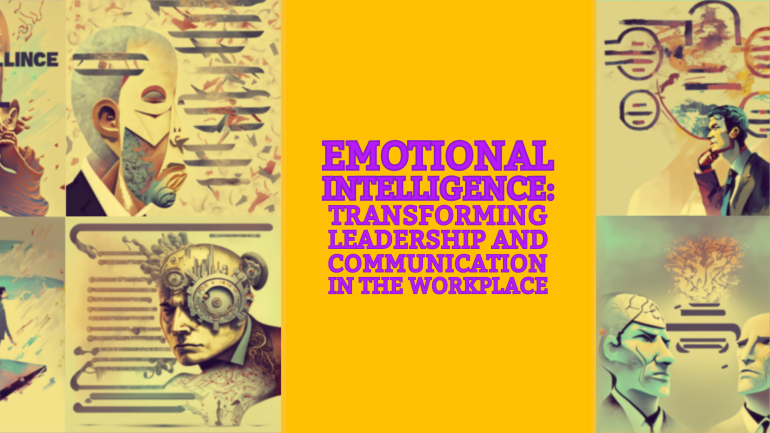Introduction: What is NFT?
NFT is an acronym for “non-fungible token.” NFTs are a type of cryptocurrency that are unique and non-interchangeable. This makes them ideal for representing digital assets or collectibles, as each one is essentially a one-of-a-kind item.
What is an NFT? What does NFT stand for?
NFT stands for “non-fungible token”. It is a type of cryptocurrency that is not interchangeable like Bitcoin. Each NFT is unique and has specific properties that make it different from every other token. This makes them ideal for representing unique assets or digital collectibles. For example, you could create a NFT that represents your house and then give it to someone else. This would ensure that only that person could own and use the house NFT. Alternatively, you could create a digital collectible such as a rare dinosaur egg and sell it on a blockchain marketplace. NFTs are also used to represent virtual goods in video games. So if you want to buy a virtual sword in a game, you would use NFTs instead of real money.
How does NFT work?
NFT or Non-Fungible Tokens are digital assets that are unique and cannot be interchangeable. They are often used to represent unique items in video games, digital art, or other virtual economies. NFTs are created on a blockchain platform and can be stored, traded, or used in various ways depending on the platform. For example, in the game CryptoKitties, NFTs are used to represent different cats that can be bred and sold. NFTs offer a new way to create and manage virtual assets and could potentially revolutionize the gaming industry.
What are the benefits of NFT?
Since their inception, non-fungible tokens (NFTs) have garnered a lot of attention in the crypto world. This is because NFTs offer a number of benefits that other tokens do not. In this article, we will discuss some of the key benefits of NFTs.
First and foremost, NFTs are unique. Each token is completely different from any other token, which means that they can be used to represent unique items or assets. This makes them perfect for issuing digital collectibles, such as rare artwork or video game characters.
Another advantage of NFTs is that they are secure. Because each token is unique, it is impossible to duplicate them. This helps to prevent fraud and theft. Additionally, NFTs are stored on blockchain ledgers, which are tamper-proof and secure.
What are the challenges of NFT?
Non-Fungible Tokens (NFTs) are digital assets that are unique and cannot be interchangeable. They are created on blockchain platforms such as Ethereum and have a variety of use cases. NFTs present several challenges that need to be addressed before they can be widely adopted.
One challenge is how to create a system where NFTs can be traded securely and reliably. Another challenge is how to ensure that NFTs are used in a way that benefits the community and does not lead to misuse or fraud. Finally, there is the question of how to ensure that NFTs remain accessible and valuable to users over time. If these challenges can be overcome, NFTs have the potential to revolutionize the way we interact with digital assets.
NFTs are created using cryptographic tokens called ERC721 tokens. These tokens are based on the Ethereum blockchain and allow for the creation of unique digital assets. ERC721 tokens can be used to represent any type of digital asset, including but not limited to: video games, artwork, real estate, and even physical assets such as cars.
What is the future of NFT?
Since the invention of Bitcoin, the world of cryptocurrency has been on the rise. With new coins and tokens being created almost daily, it can be hard to keep track of all of them. One type of cryptocurrency that has been on the rise in recent years is NFTs, or non-fungible tokens. These tokens are unique and cannot be replaced by another token with the same value. This makes them perfect for use in gaming, digital art, and other applications where uniqueness is important. One possibility is that NFTs will become more widely used as a way to create digital scarcity. This would make them ideal for use in online games, digital art galleries, and other applications where unique items are desired.





